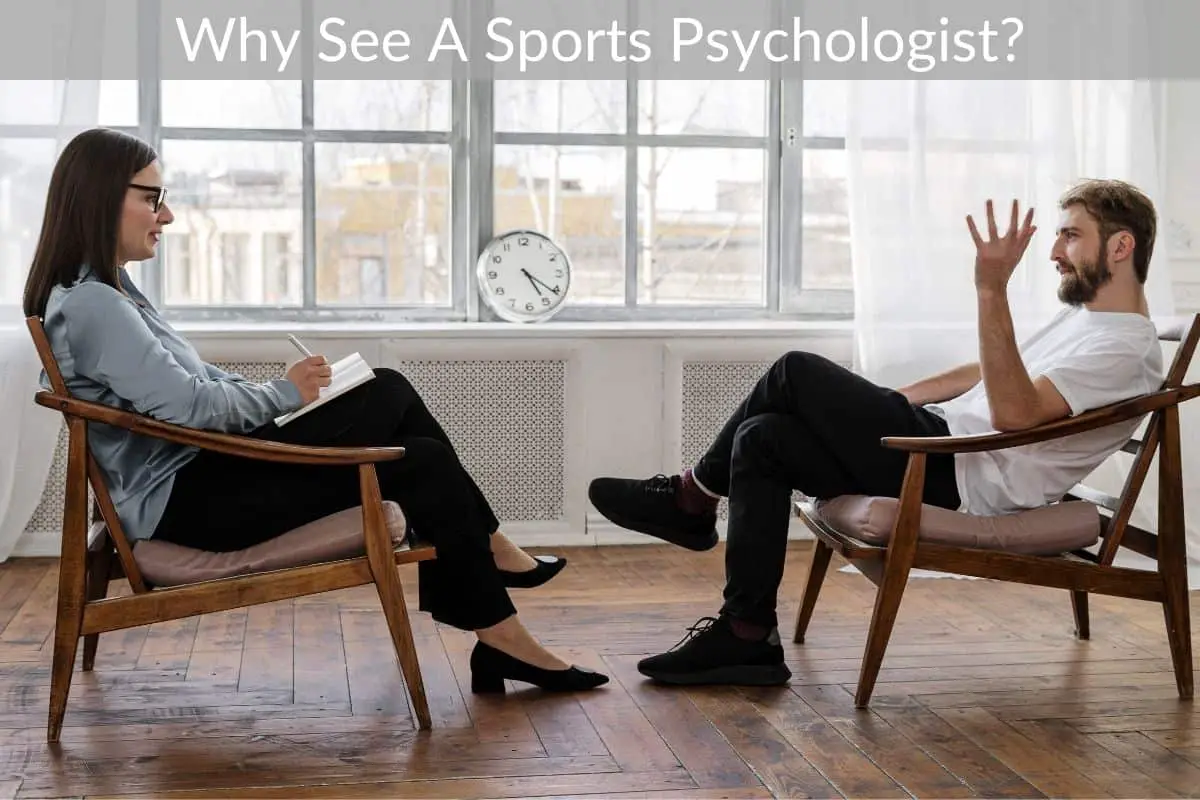Table of Contents
*This post may contain affiliate links. As an Amazon Associate we earn from qualifying purchases.
Many people who are into sports will have heard about a sports phychologist. It’s an important job and seeing one is important as well but why exactly should you see one.
Everyone (whether into sports or not) can benefit from talking to a psychologist. They will help get your mind in the right space and also help you get more out of life.
Talking with a psychologist is especially useful in sports as a lot of what happens in sports is hurt or helped by your mind and thought process. If you get too much into your own head it can hurt your sport’s performance so talking with a psychologist is a great idea.
Should I feel like a failure if I need to see a sport psychologist?
Last week I choked on a key play in a hockey game and ever since then I keep trying to push the memory out of my mind. Practices have been stressful and my coach just says to move on and practice, practice, practice. I know my coach is trying to help me but I feel even more stressed out about being in the situation again-the one in which I choked. My heart rate goes up when we do one on one breakaways and I just seem to lose all my skills in that moment. These are skills that I have worked on all my life! I just don’t know what to do and I don’t understand why this is so difficult? My captain recommended I see a sport psychologist, but I feel like a loser for not being able to handle this on my own.
Sport Psychologist and Performance
This is a common and very normal thought process for athletes of all levels. A sport psychologist is akin to a coach for your thoughts. Look at it this way-thoughts lead to actions, actions lead to outcomes. If that process is not efficient then an athlete with have mental stumbling blocks. A sport psychologist wants to work with both paradigms of thought- what is going right or wrong in your thought process and provide mental tools for an athlete to access at the right moment to work through mental blocks.
Recently, Minnesota State University opened the Center for Sport and Performance Psychology, and the interim football coach, Aaron Keen, attributes some of his team’s success to the work they did with Cindra Kamphoff, sport psychologist. Keen entered the relationship not knowing what to expect, but working with Kamphoff showed him and his players new ways to think about performance. The biggest difference, he said, was getting his athletes to stay in the moment. For example, many players were focused on the record or on being champions, but Kamphoff taught them ways to focus on getting better at completing the immediate task at hand or staying in the present moment. Keen was clear that the skills his players learned helped them to reach other goals, too.
Times have changed, and athletes and coaches have come to realize that sport psychologists and the importance of fine-tuning the mental and emotional aspects in bringing out the best in their performance. From Olympic and pro sports teams having psychologists on staff, to college and high school teams using consultants to serious amateur and pro individual athletes being open to the concept, psychology is now part of the game.

